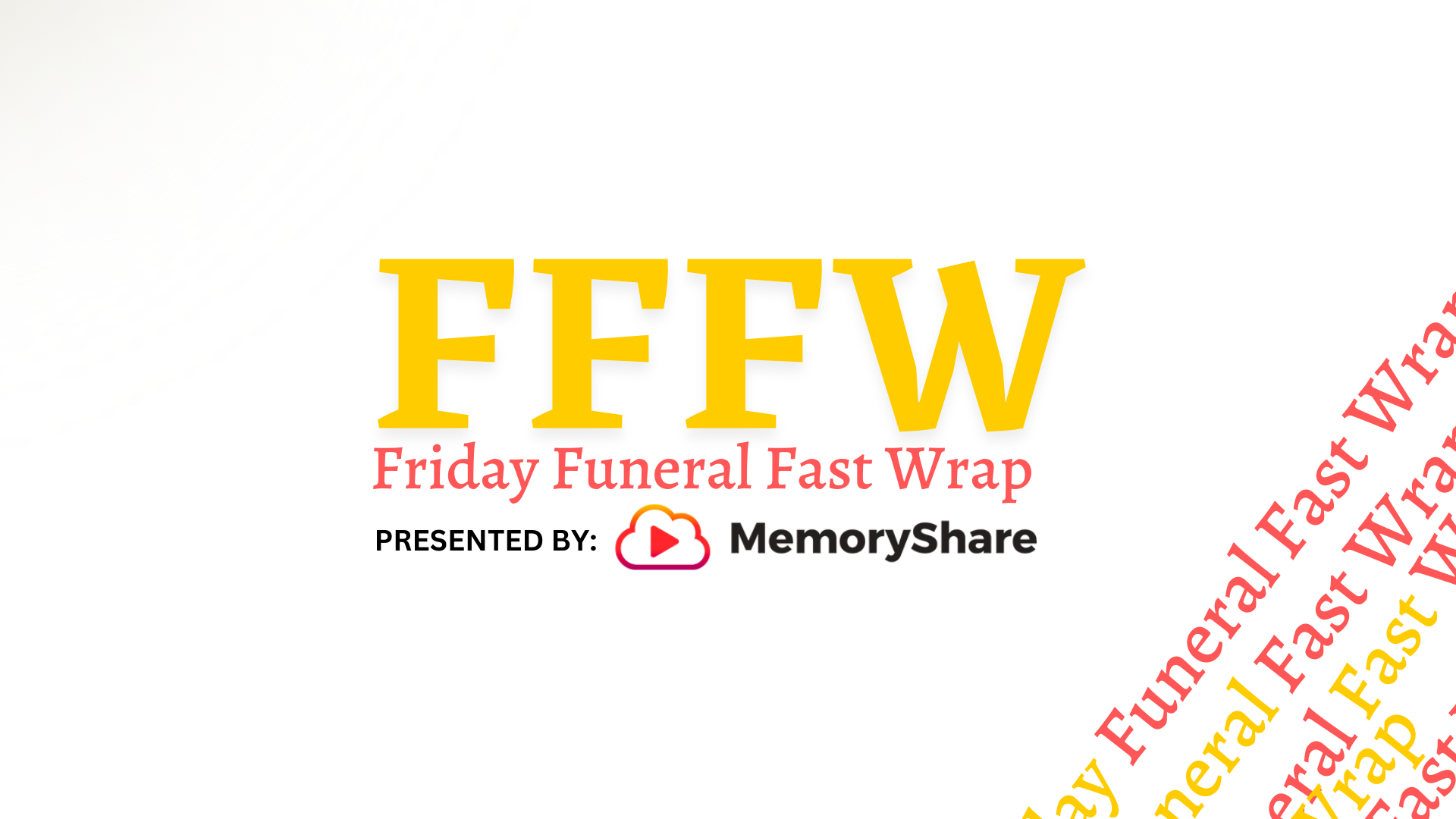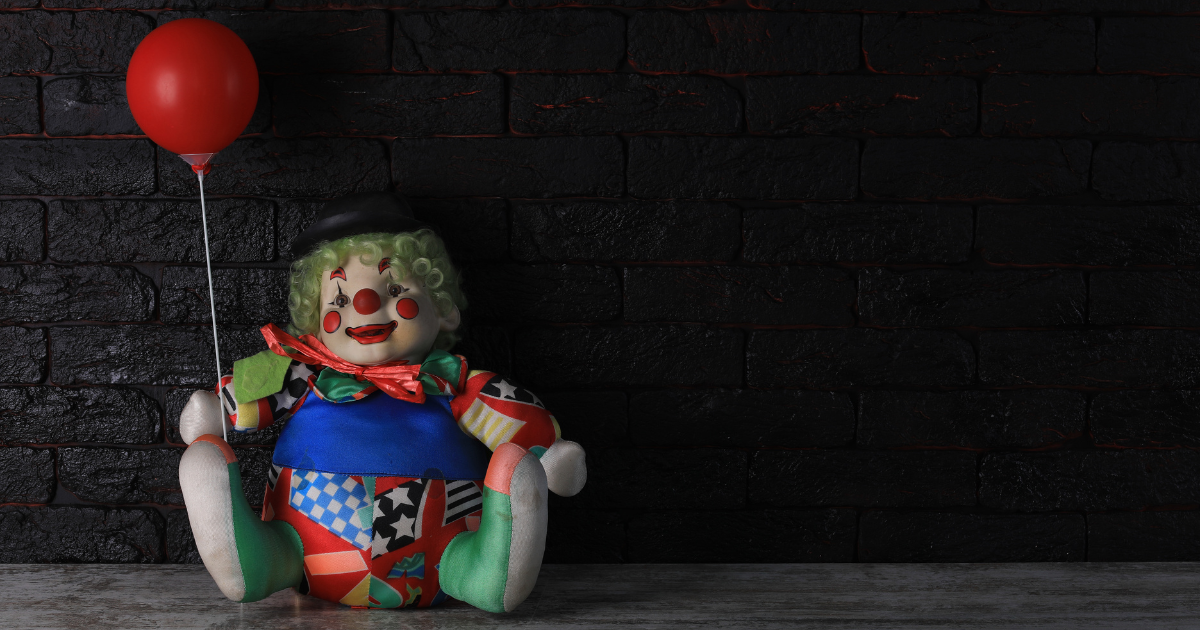The Future of Dying
 Some prefer not to think about the inevitable conclusion to life, but for Baby Boomers the end is becoming more tangible. Boomers are losing their parents, and peers have succumbed to fatal illnesses, including newsman Tim Russert, folk-rock-star Dan Fogelberg, actress Farah Fawcett, actor Christopher Reeves, and actor Patrick Swayze.
Some prefer not to think about the inevitable conclusion to life, but for Baby Boomers the end is becoming more tangible. Boomers are losing their parents, and peers have succumbed to fatal illnesses, including newsman Tim Russert, folk-rock-star Dan Fogelberg, actress Farah Fawcett, actor Christopher Reeves, and actor Patrick Swayze.
Carnegie Mellon professor Randy Pausch, co-author of The Last Lecture, appeared on many national news programs during his final months. He accumulated more fame and fans than in his previous 47 years. He also demonstrated palpable new paradigms for living large in the dying process.
Boomers have often visited death throughout life, beginning with 58,000 fatalities in Vietnam. In 1969, Elisabeth Kubler-Ross, an eminent psychiatrist, published a bellwether book titled On Death and Dying. Her influential tome elucidated psychological adaption to the final journey. She brought death out of the closet, and her ideas continue to influence the future. How so?
Anticipate meteoric growth for hospice services in the next few decades. Hospice provides palliative care for those diagnosed with terminal illnesses. Services include pain control, nursing care and spiritual counsel. Many prefer this pathway to eternity over “death by technology.”
An emerging trend is “slow medicine,” in which those confronting difficult medical choices slow down the process to assess fully the restorative potential of yet another medical procedure. Life-prolonging medical intervention has its value when the outcome allows greater life quality if not extension of time remaining, but when medical procedures only promote more pain and weakness without recovery, then many Boomers will put the brakes on “heroic medicine.”
Healthcare policymakers and marketers can expect this generation to test inflexible traditions that reduce the fullest possible expression of life experiences during final months and weeks. Like Dr. Pausch, many Boomers will make their concluding days as meaningful as possible by recording and preserving their legacies. This will lead to dramatic growth of personal historians and online resources for those with terminal diseases to “upload” life experiences, values, philosophies, photographs, videos, insights and hopes for humanity.
Researchers at Johns Hopkins University have isolated the psychoactive compound in the hallucinogenic mushroom psilocybin, one of the drugs some Boomers experimented with during the sixties. Researchers have tested the synthesized medication on adults who have never experimented with recreational drugs.
In various studies, those who took the synthesized hallucinogen have reported experiencing some of the most profound spiritual events of their lives. Someday, hospices and nursing homes may offer psilocybin or other mind-altering medications for patients seeking divine experiences but are unable to get to this state of consciousness through prayer or meditation.
Over half of those who die in another 20 years will choose cremation. This will have considerable impact on the funeral and cemetery industries. Some Boomers will have their carbon ashes compressed into synthetic diamonds. Others will choose “green” cemeteries, in effect becoming “Dust in the Wind,” where remains are buried on public land and inside cardboard boxes with only GPS coordinates for grave markers. Others will choose to have their cremains buried offshore in artificial reefs.
We can expect Boomers to transform the final stage of life with as much creativity as they’ve changed the nature of being a teenager, a middle-aged adult and now a grandparent. They will embellish the dying process with new customs that allow people to reach the conclusion of life with meaning, dignity and grace.
The final slide of my presentation to a gathering of hospice leaders revealed a graying Boomer man holding a protest sign, hearkening back to the Sixties and a time of strident protest marches. He brandished one possible concluding aphorism for this generation: “Die the way you lived.”
About The Author
Brent Green is an author, speaker, trainer and marketing consultant focused on Baby Boomers. He is the author of Marketing to Leading-Edge Baby Boomers: Perceptions, Principles, Practices, Predictions. Brent Green & Associates, Inc. develops integrated marketing communication programs with emphasis on direct response media, integrated promotions and executive training. The firm has received over 50 regional, national and international awards for creative and strategic excellence, notably, the Direct Marketing Association’s International Gold ECHO Award.
Source: MediaPost.com




